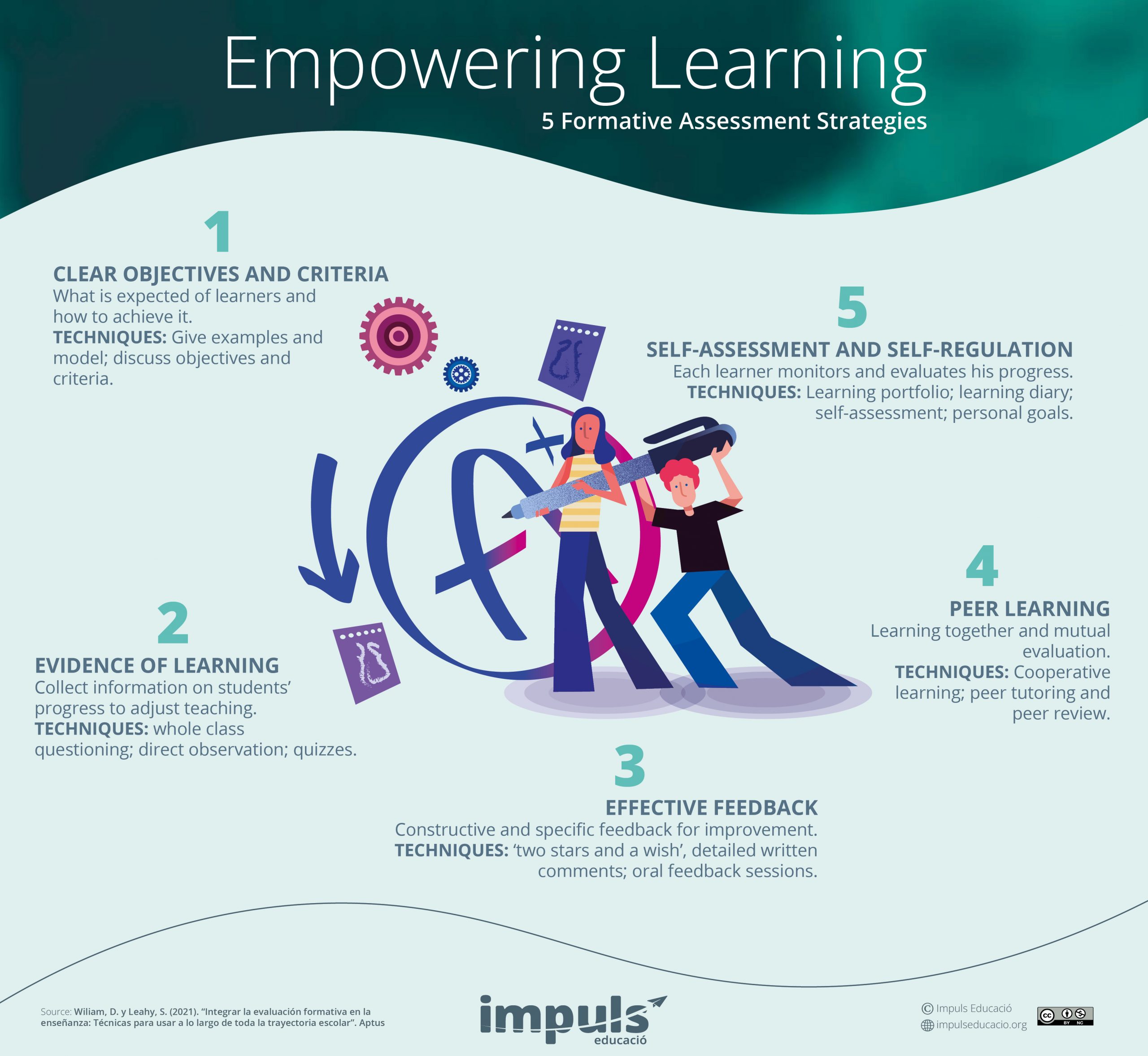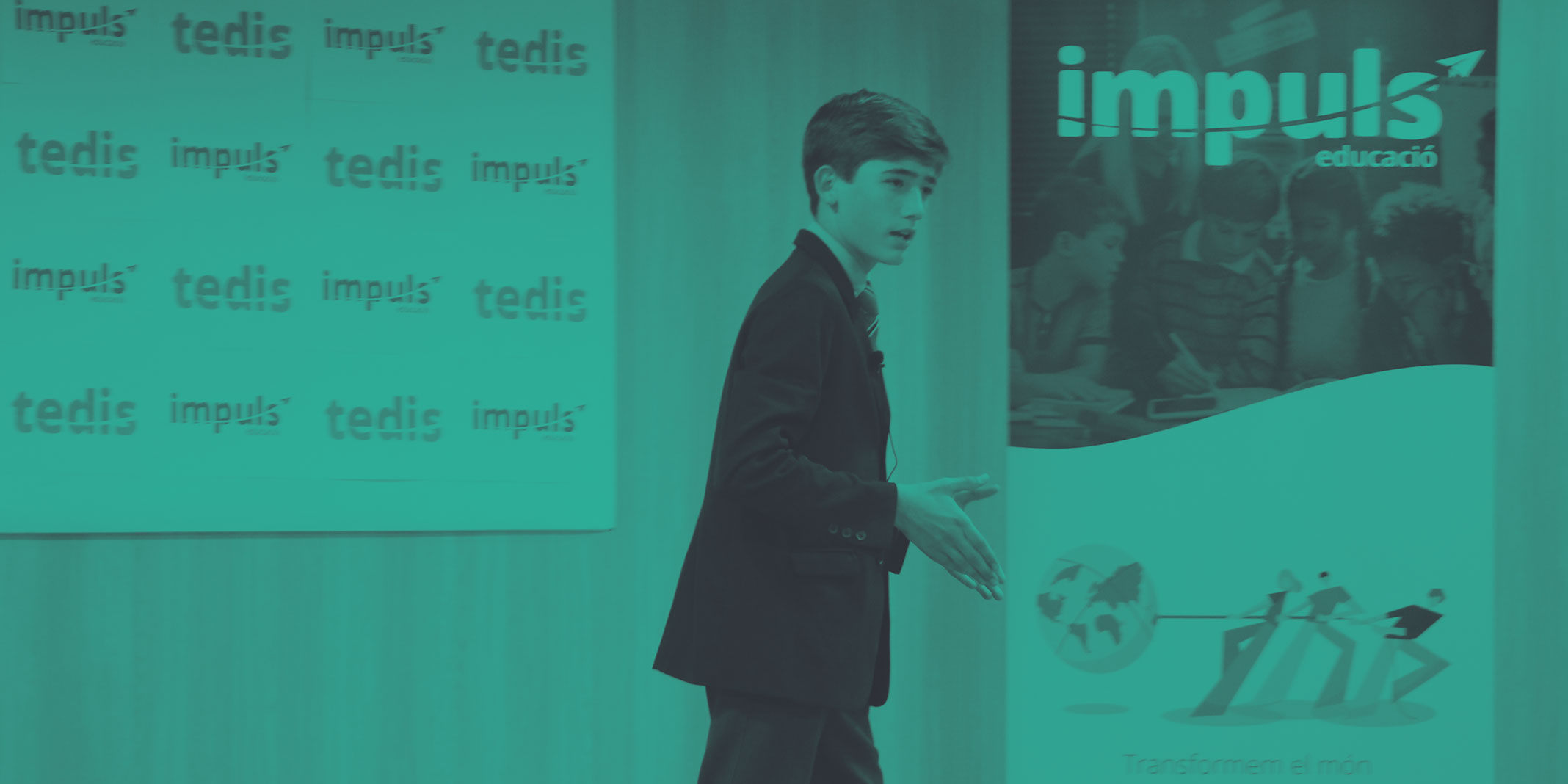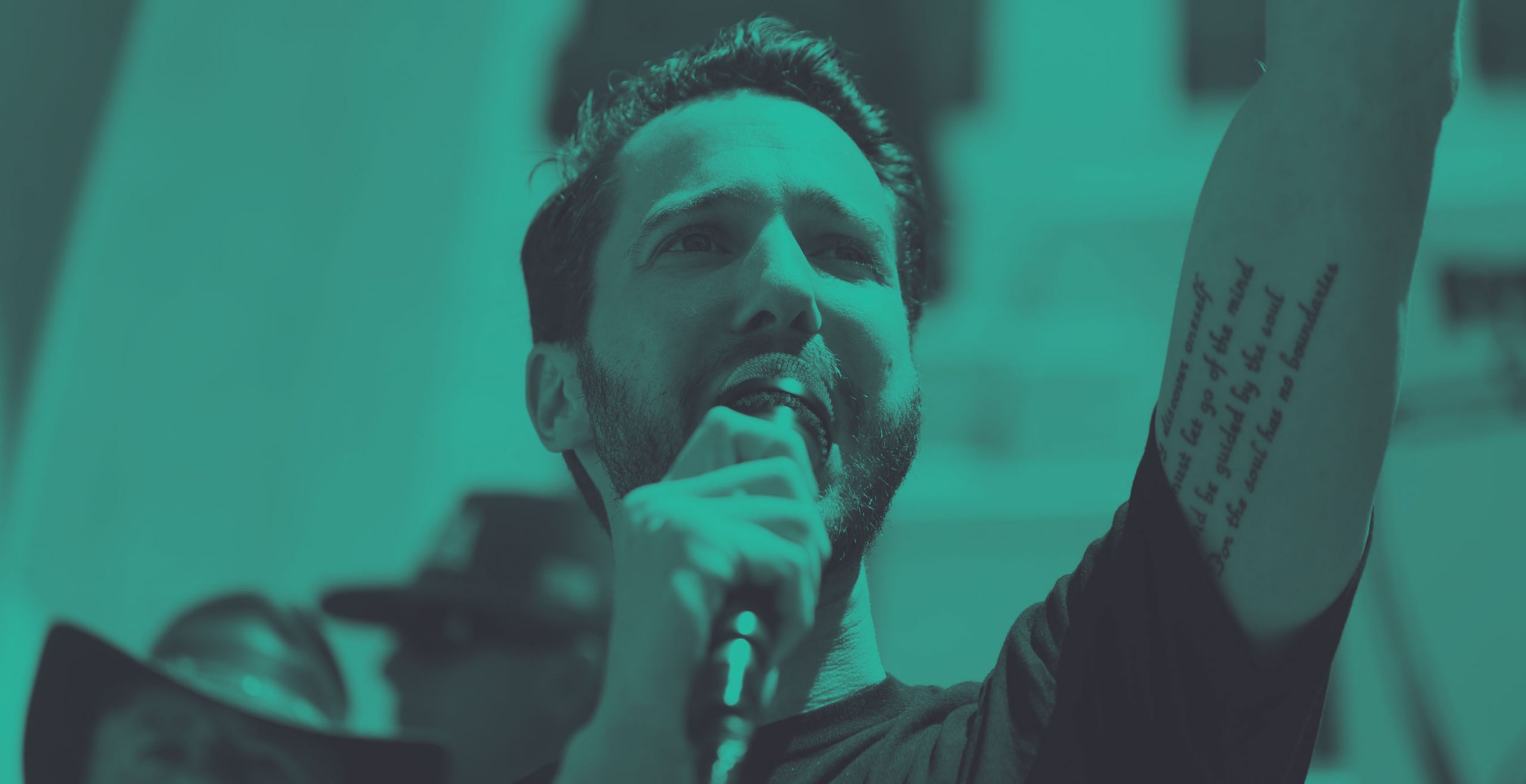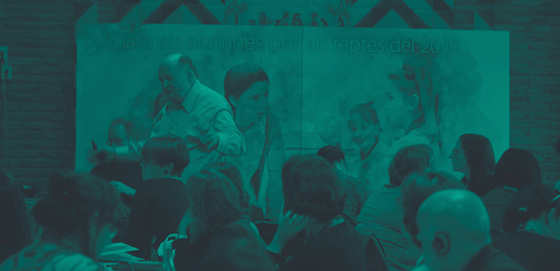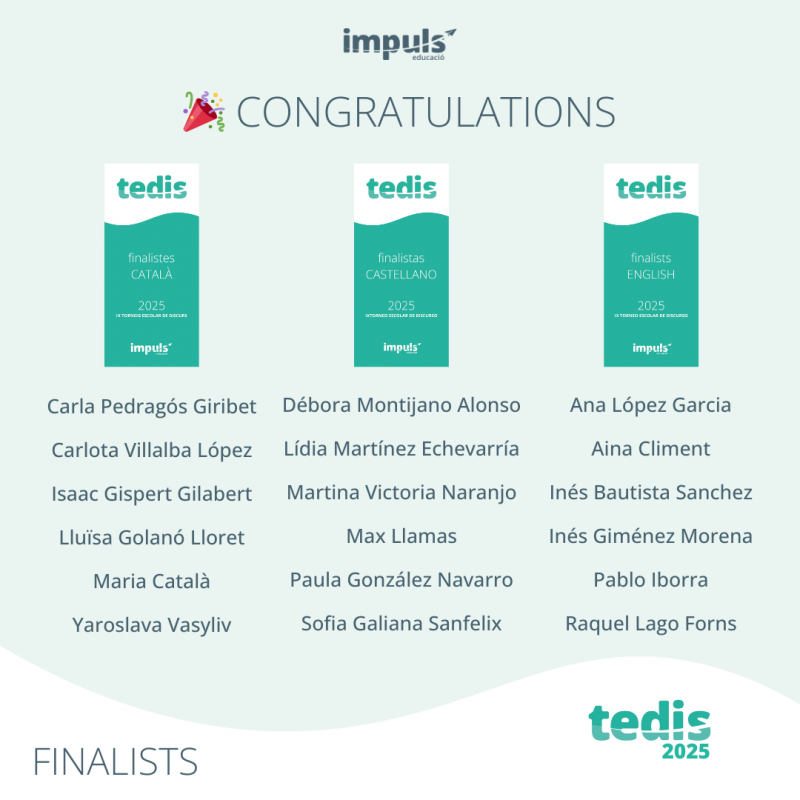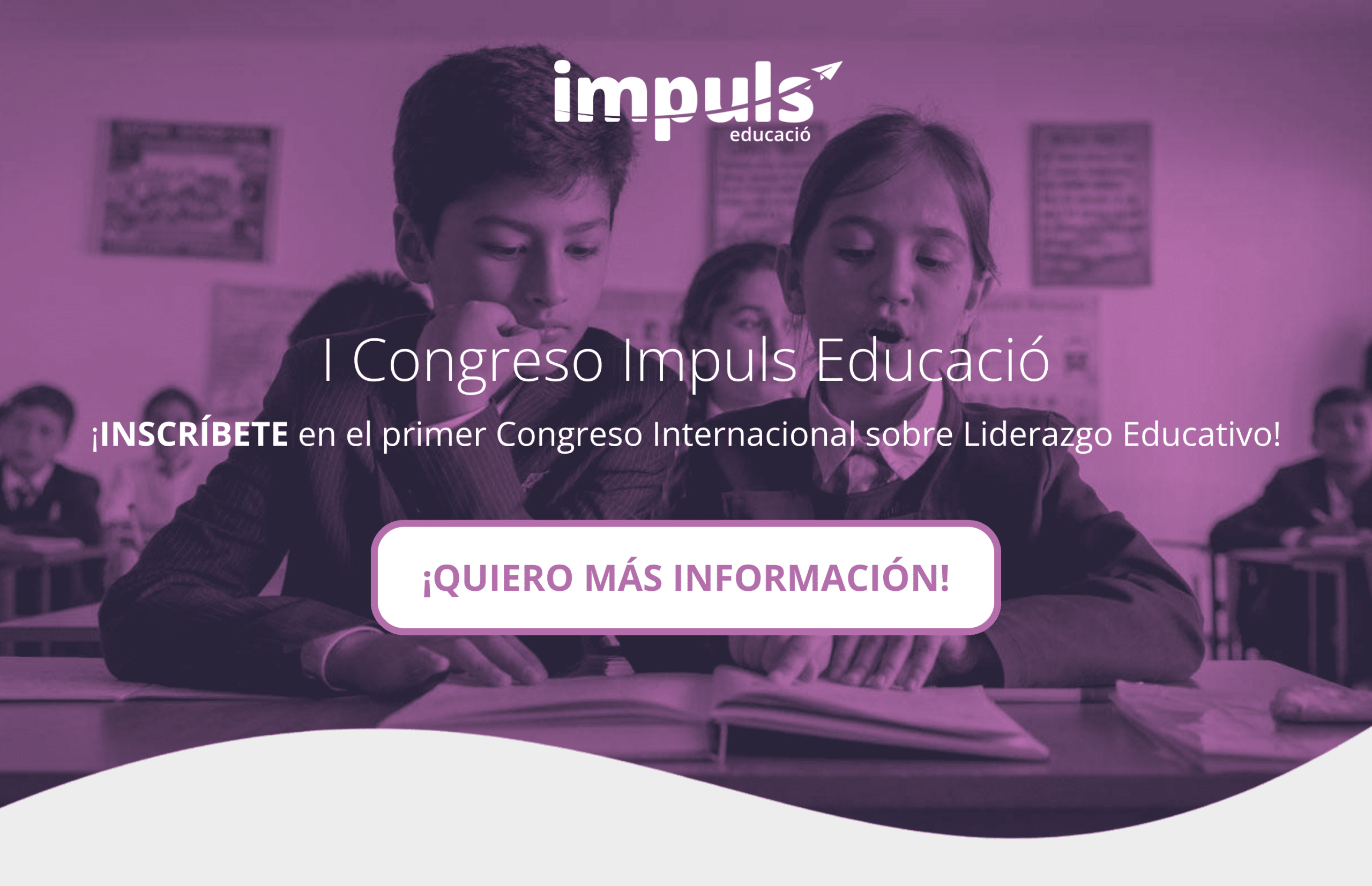by Ana Moreno Salvo
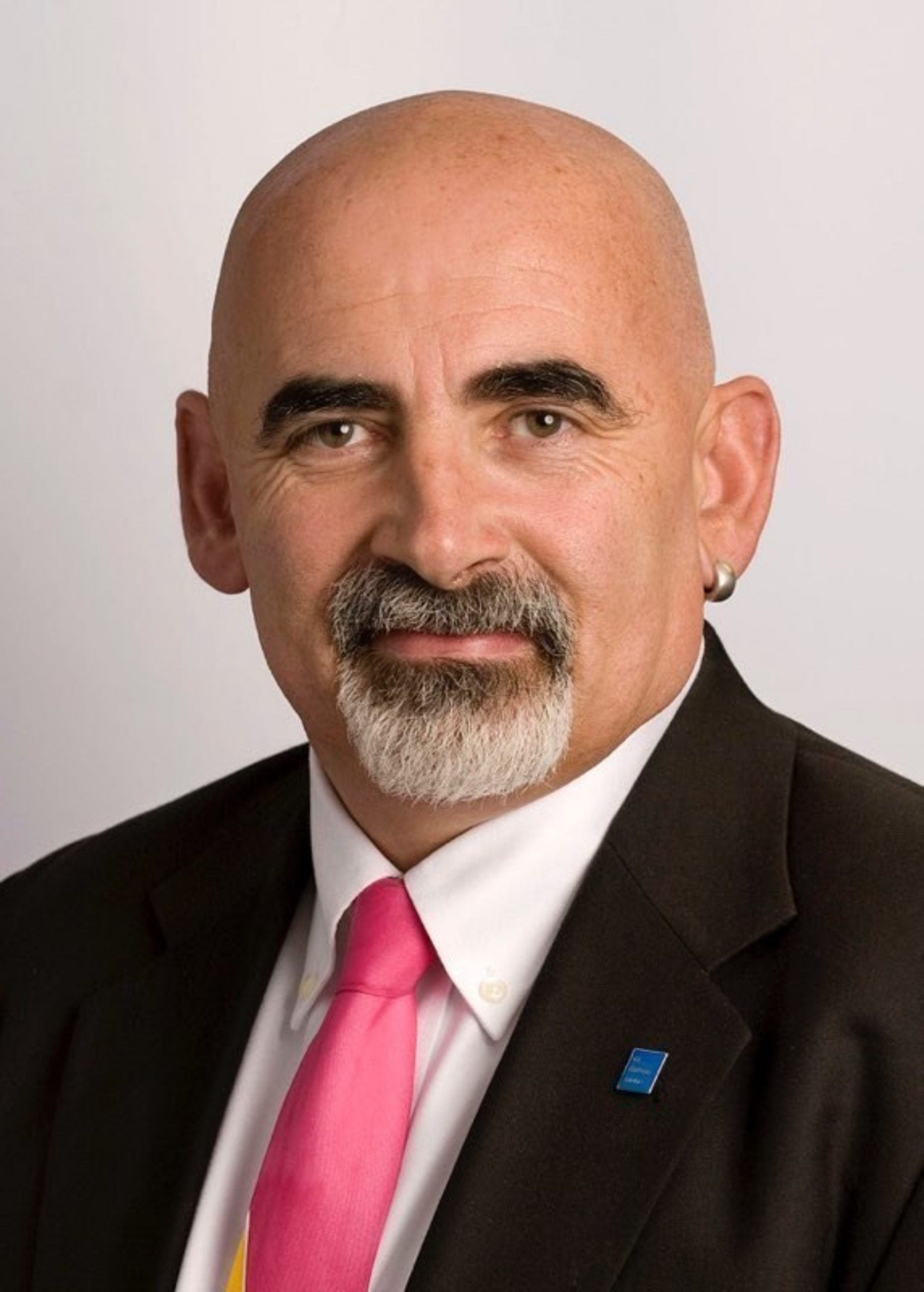
Dylan Wiliam is Emeritus Professor of Educational Assessment at University College London. He is one of the UKs, and probably the world’s, leading experts on assessment. His recent work has focused on the use of assessment to support learning. He is also an experienced international presenter specialising in introducing teachers to the principles and practice of formative assessment.
In Impuls Educació we are interested in the researches done at a global level and we try to build up connections with experts all around the world. We consider essential, a researcher and divulgation centre, to take into account the opinion and experience of such professionals; whose vision always provide us with new perspectives, along with new ways of understanding this passionate educational world.
Interview with Dylan Wiliam
Why is formative assessment at the heart of quality teaching? What does the scientific evidence tell us about its impact on student learning?
The simple idea of formative assessment is for teachers to find out what students are learning. What I do and what my students learn. I think that will improve things to the extent that teachers reflect on it. Students don’t necessarily learn what we want to teach them. Hence the need for formative assessment. Assessment is simply a bridge between teaching and learning.
The simple idea of formative assessment is for teachers to find out what students are learning

What about the actual scientific evidence? Well, there are many small-scale studies investigating whether supporting teachers and changing their practice makes a difference. The most important study was done a few years ago in England and what they found was that in schools where teachers were doing formative assessment, spending about 1% of their time in these teacher meetings and helping each other to improve their practice, their students made 25% more progress in grades 9 and 10. Right now, that’s the best scientific evidence we have that it’s probably one of the two most cost-effective things we can do.
The other option is to improve curricula. Since we can’t predict in advance whether a particular curriculum is going to be more effective, the evidence suggests that we should support teachers to develop their formative assessment practice.
What is and what is not formative assessment? What can teachers do?
The idea is that teachers make better decisions in the classroom if they have better evidence of what is going on in students’ heads. This is not a formal test, but a quick check of understanding. One way to put this into practice is to ask questions that give you evidence about misconceptions in primary school.

The teachers make better decisions in the classroom if they have better evidence of what is going on in students’ heads
How often should we do formative assessment? In my opinion, every two minutes because it is the only way to check that what you are doing in the classroom as a teacher is working for your students. But there are other things, like involving more students in helping each other, doing more self-assessment, feedback… something that is really motivating rather than just giving grades or assessments. The important point here is that it is difficult to implement because it involves changing teachers’ habits.
The second challenge is that it’s not about giving teachers information, it’s about helping them change their habits. We had to develop ways to help teachers help each other. And that’s where the idea of learning communities came from. There are no experts, just teachers helping each other in the things that each teacher has chosen to improve.
Those five processes – choice, flexibility, small steps, accountability and support – are at the heart of the model I just described, which has had a dramatic effect on student achievement.
How does formative assessment relate to a competency-based curriculum and how does it differ from knowledge?
The important point is this: a commitment to formative assessment does not depend on what you think students should learn. If you think schooling is about teaching children facts and dates, then you need to check whether they have understood facts and dates. If you think schooling is about helping students solve mathematical problems, then you have to find out if they can solve mathematical problems. Or, if you think that schooling is about helping pupils to explain and describe historical events, then you need evidence about whether they can do this.
Can you briefly explain any strategies for formative evaluation?
The first is to be clear about what you want to achieve. So before a teacher starts teaching, they need to be clear about what they want their students to improve in. And then find out if the students are doing that by getting evidence.
Before a teacher starts teaching, they need to be clear about what they want their students to improve in

The first strategy we call providing feedback that moves learners forward. Another strategy is to activate students as owners of their own learning. This last strategy is the most important because it is the one to which all other strategies lead.
Impuls Educació infographic: “Empowering Learning: 5 Formative Assessment Strategies”
How does formative assessment help to effectively serve all learners in the classroom?
If we teach all students the same, we will get the normal distribution, because some students find the levels easier than others. If some students need more help to succeed, we have to make sure we give them more help.
The two questions every teacher should ask is: do the students need this, and do the students need it today? The teacherhas to constantly decide how important this is, and how important it is today, he or she has to constantly be making sense of what is important. The teaching of what is essential must be prioritised over what is desirable.

The teacher must make sense of what is important. Priority must be given to what is essential over what is desirable.
What techniques can be useful to start practising formative evaluation?
I have very simple techniques, such as not allowing students to raise their hands. If I am asking questions in my class, I decide who is going to answer. This way all students have to pay attention because any student can be asked a question. We can make sure that the students concentrate, we give them feedback, not as grades or scores, but as challenges to keep working. I think it is worthwhile for the teacher to write comments on the pupils’ work, and to take time in class for the pupils to respond.
How to explain to those parents who understand assessment as mere qualification, the benefits of assessment for learning?
I would tell them that they will receive a constant flow of information. It won’t be a grade, because I wouldn’t calculate the grade until the end. They will get information about how their child is doing, they will get information about what they can do to help their child be more successful, but it won’t be in the form of a grade, because that gets in the way of learning, especially for students who find it harder to learn. If you grade all the time, you learn less.
If all you care about is getting better test scores, changing the way you use formative assessment is the best way to do it. No teacher has to choose between teaching well or succeeding. They can do both. As long as you explain to parents what is going on, there will be no problem. In our experience parents are very positive. But if you simply change the way you grade, without informing parents, they will assume that the school is not doing its job well. The aim of formative assessment is to improve the three-way conversation between the child, the teacher and the parents.
The aim of formative assessment is to improve the conversation between the child, the teacher and the parents

Can you tell us what are the keys to becoming an expert in formative assessment in practice and achieving improved student performance?
I think the important thing is that we are never going to be experts. We are always learning. The big idea is to help teachers be more sensitive to what their students think, to create an environment where they want to try rather than give up. The only way to meet this challenge is to expect every teacher to keep improving, even if they are already excellent, because we need every teacher to do their best work.

